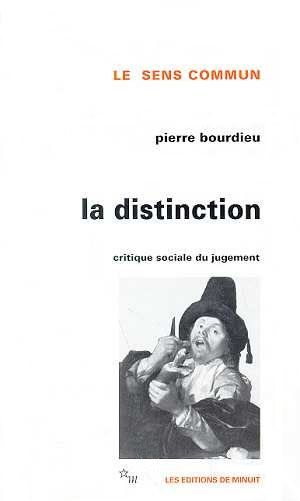
One has to appear to be one of the elects, and this means leading a spotless, well-ordered life of extreme self-control. Capitalistic enterprise therefore got transformed from being simply a system of economic organization, to a domain of life infused with God. Instead of being told that business is an inferior quest compared to life, one could be holy through one’s work. It is what Weber calls the “democratization of luxuries” that is key source of early market demand (135, 136).” The expression of spiritual energies through works and businesses obviously gives its believers tremendous economic advantage. In Weber’s view the rise of capitalism is related to favorable changes in the distribution of economic resources within the society. The desire for gain has been seen in “all sorts of conditions of at all times and in all countries of the earth (xvii).” And since religion has always had a major impact upon conduct, the particular development of the West is attributed by Weber to “the influence of certain religious ideas on the development of the economic system,” which, in the case “of the spirit of modern economic life the rational ethics of ascetic Protestantism (26, 113).” Ascetic Protestantism energizes business people and valorized a new type of capitalism: rational capitalism which, fascinatingly, is much more vibrant in nature than the sort of capitalism that occurred in Europe. Weber mentions that the motivation in early capitalism is an inherent religious belief in money as a means of eternal salvation. He explores the impact of certain religious movements on the economic bias of feudal Europe into an economy of competition and free enterprise, and thus, offers an argument in defense of how religion paves way for modern capitalism (119).

His thesis is central to questions raised about the onset of modern economic, social, and religious change in Western Europe.

Max Weber’s classical work, The Protestant Ethic and the Spirit of Capitalism has a long-term impact on interdisciplinary studies. Although these theorists attend to sociological issues from different historical period and methodological dimensions, I believe it is significant to bring them into conversation as their theorization resonate and are meaningful for value analysis of contemporary cultural studies.

In this reflection, I shall bring Max Weber into conversation with Pierre Bourdieu. NY: Scribners, and Distinction: A Social Critique of the Judgement of Taste by Pierre Bourdieu.

Personal Reflection on The Protestant Ethic and the Spirit of Capitalism, by Max Weber.


 0 kommentar(er)
0 kommentar(er)
